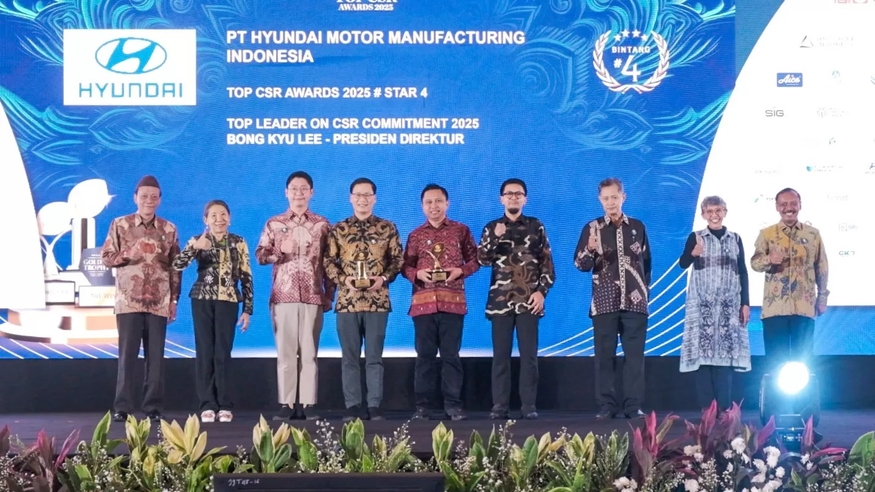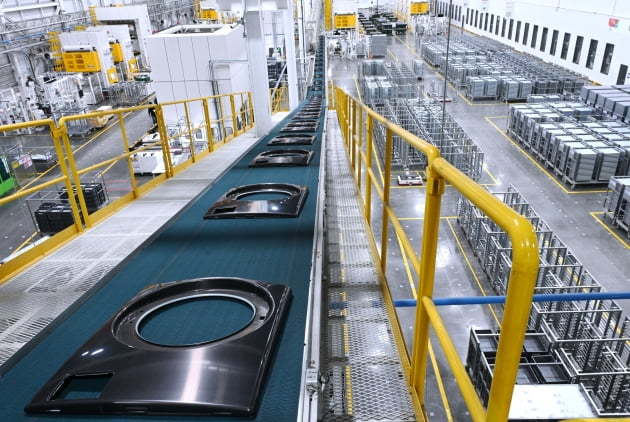
South Korea’s Hyundai Motor Company and its affiliate Kia Corporation, both leading global automakers, have sold off their entire stakes in India’s electric two-wheeler firm Ola Electric Mobility.
The move appears to mark a strategic retreat amid continued operational uncertainty and the absence of clear collaboration models.
According to filings with the National Stock Exchange of India on June 4, Hyundai sold its entire 2.47% stake in Ola Electric—approximately 108.9 million shares—at an average price of $0.60 per share, totaling around $64.86 million. Kia sold 27.12 million shares at $0.50 per share, generating $16.08 million in proceeds. The combined divestment totaled 136 million shares, valued at roughly $81 million.
Industry observers view the exit as a calculated move, prompted by Ola Electric’s governance issues and unclear partnership opportunities.
Hyundai first invested in the company in December 2019, acquiring a 2.95% stake for $10.5 million. By the end of 2023, the value of Hyundai’s investment had surged to $117.8 million, translating into a paper gain of over 1,020%.
Despite earlier momentum—Ola Electric went public in August 2023 and sold 329,237 units in India last year—the firm has come under scrutiny over regulatory compliance violations. These challenges have weighed on investor sentiment and operational stability.
For the fiscal year ending March 2025, Ola Electric posted a net loss of $267.6 million, a sharp increase from $186.2 million the previous year.
On June 3, the company’s stock fell 8.1% to $0.50, marking its steepest single-day drop since listing, and bringing its year-to-date decline to 42%.
Hyundai and Kia are now expected to refocus their India strategy on core automotive operations and electrification.
Hyundai plans to begin operations at its new Talegaon plant in Q4 this year, aiming for an annual capacity of 1 million units.
Kia has already secured a production capacity of 431,000 units annually at its Anantapur plant, which supports both internal combustion and electric vehicles.
An industry official commented, “Hyundai and Kia saw promising growth potential in India’s EV two-wheeler market when they invested, but post-IPO results and transparency fell short of expectations. Their exit reflects a broader reassessment of strategic priorities and investment efficiency.”
















